A nightmare at the movies
A new ‘documentary’ film is currently being shown in cinemas across the United States. Entitled Melania, it documents the life of Melania Knauss Trump, the first lady of the United States, in the twenty days before the second presidential inauguration of her husband, the disgraced 45th and current disgraceful 47th President of the United States, adjudicated sexual predator, condemned business fraudster, convicted felon and compulsive liar, one Donald John Trump (who is on a personal quest to Make America Grate Again or something similar. Ed.).
According to The Guardian, Amazon MGM Studios bought the rights to the film for $40m – which reportedly included a considerable sum to the subject of the film (no surprise there! The whole tRump family are high gains grifters. Ed.) – and is spending $35m on a global marketing push. This spend has so far been mostly in the US, with TV spots, billboards and a takeover of Las Vegas’s immersive events venue The Sphere.
However, the film is not proving popular either with the public or the critics. As regards the latter, this might just be due to the mainstream press not being invited by Amazon the the premiere at the Kennedy Center.
The exclusion of the Fourth Estate may also explain the dire reviews the film has been receiving, such as the one below ascribed to Variety, although Yahoo News suggests this could be a misattribution.
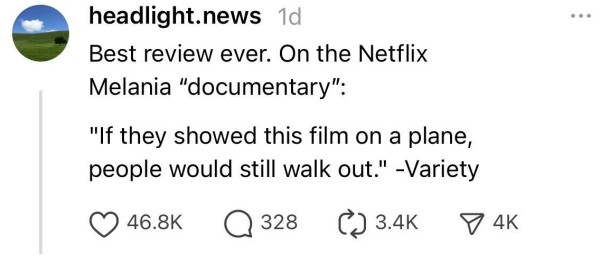
However, this criticism is quite mild compared with the defaced bus stop poster portrayed below, which prompts ypour ‘umble scribe to ask when exactly will the so-called Epstein Files be released in full?


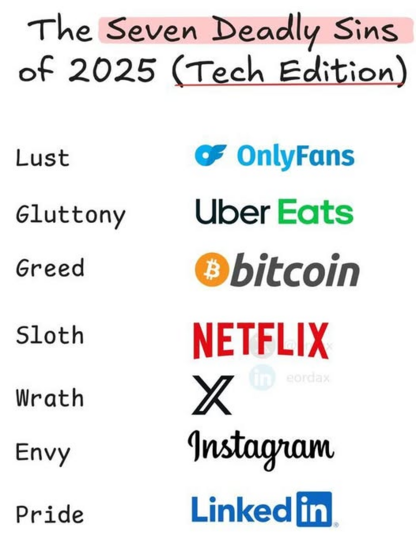
 After
After 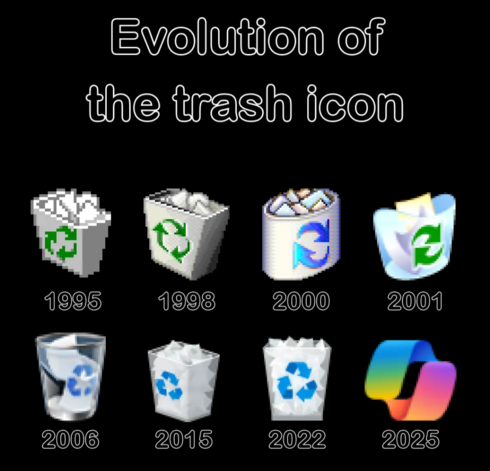
 Last week the
Last week the 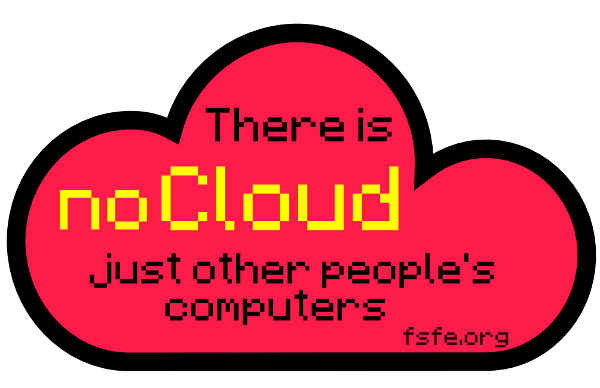
 The VLC media player is a great piece of software which your ‘umble scribe has been using since he was rookie on Windows 9* machines
The VLC media player is a great piece of software which your ‘umble scribe has been using since he was rookie on Windows 9* machines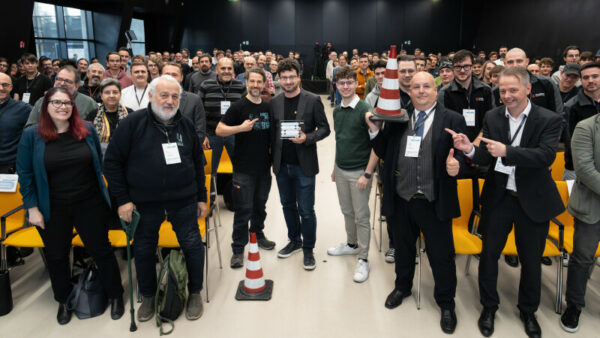
 The Australian Competition & Consumer Commission, which is responsible for ensuring individuals and businesses comply with Australian competition and consumer protection laws
The Australian Competition & Consumer Commission, which is responsible for ensuring individuals and businesses comply with Australian competition and consumer protection laws 